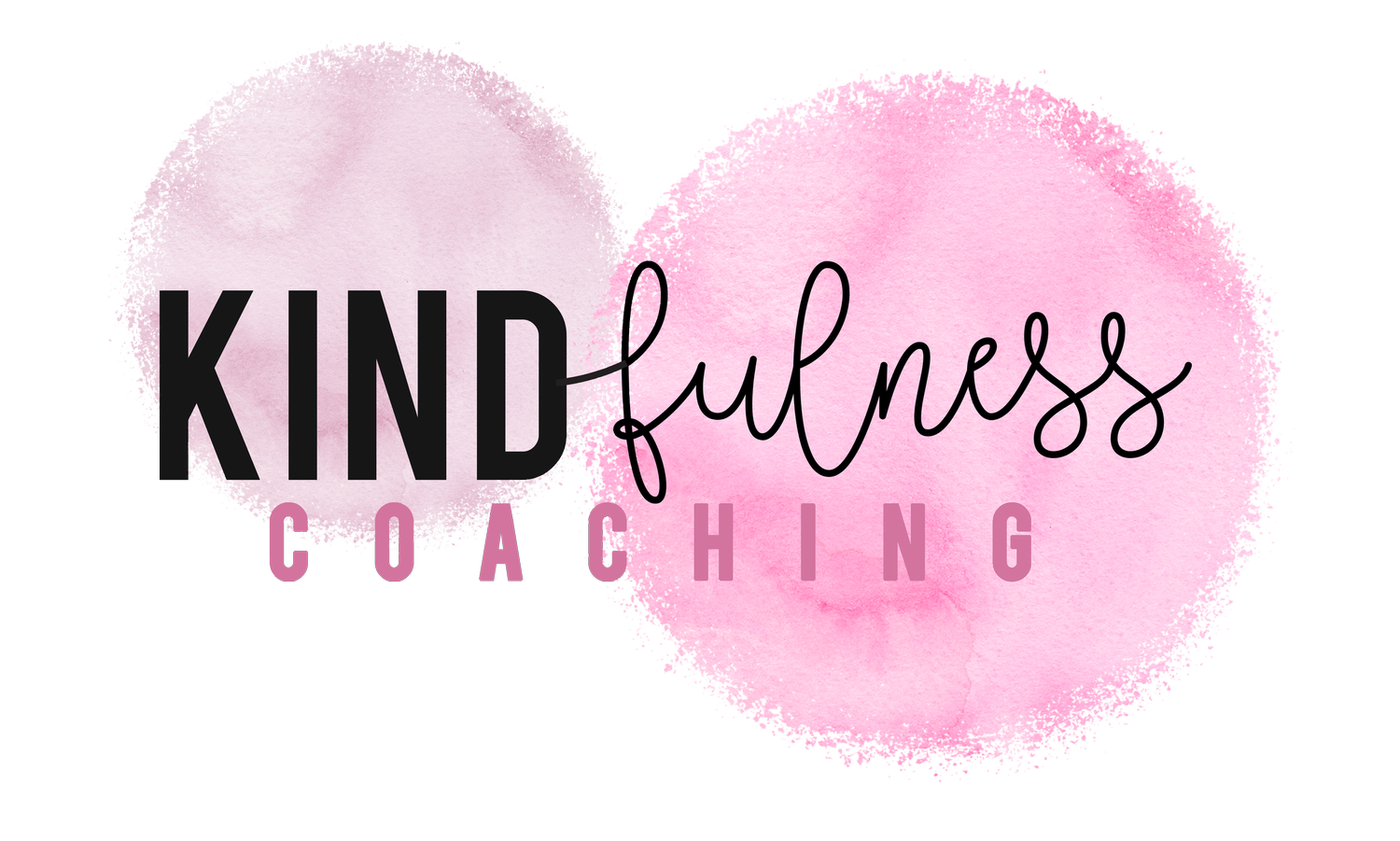Nurturing Your Compassionate Self: Strategies for Managing Compassion Fatigue in Professional Settings
In the realm of work/life balance and personal fulfillment, one often overlooked aspect is the toll that constant compassion can take on individuals, particularly those in caregiving or service-oriented professions such as healthcare, mental health, and teaching careers (where many of the women I work with come from!). As women, we often find ourselves juggling multiple roles and responsibilities, pouring our hearts and souls into our work and relationships. However, without proper management, this deep well of compassion can lead to compassion fatigue—a state of emotional, physical, and spiritual exhaustion.
At the heart of my coaching philosophy lies the belief that prioritizing our well-being is paramount to living a fulfilled life. Central to this is recognizing and addressing compassion fatigue, ensuring that we can continue to show up fully for ourselves and others.
In this blog, we'll explore strategies for both preventing and managing compassion fatigue in professional settings,
empowering women to cultivate resilience and maintain balance in their lives.



